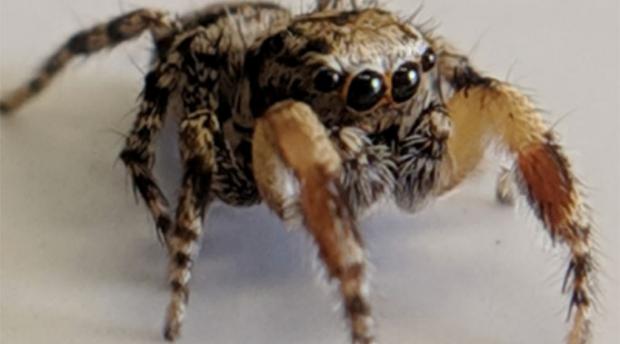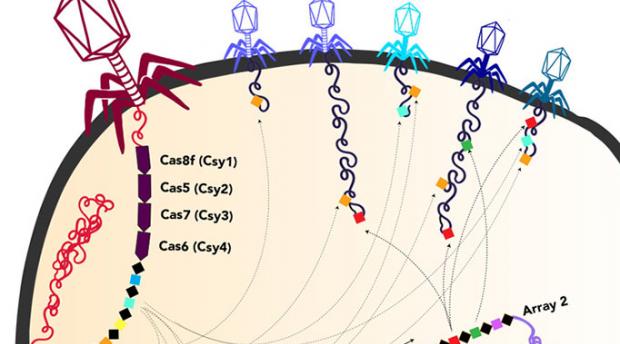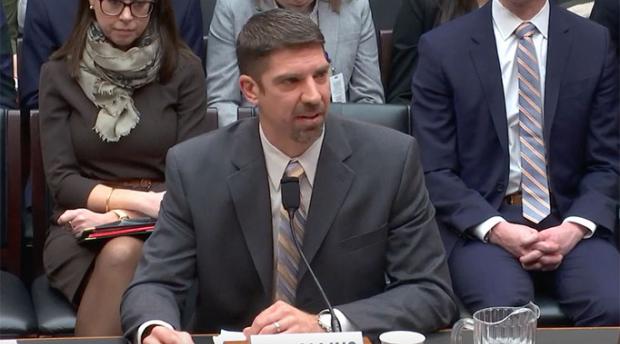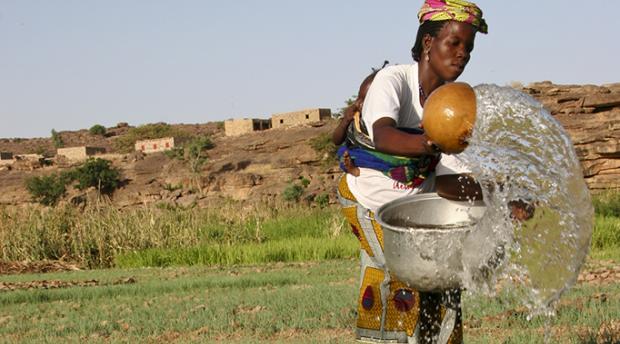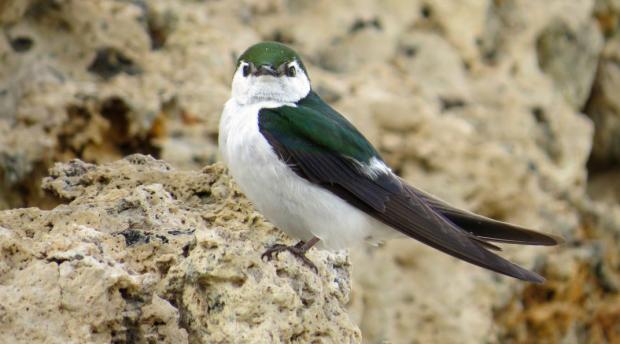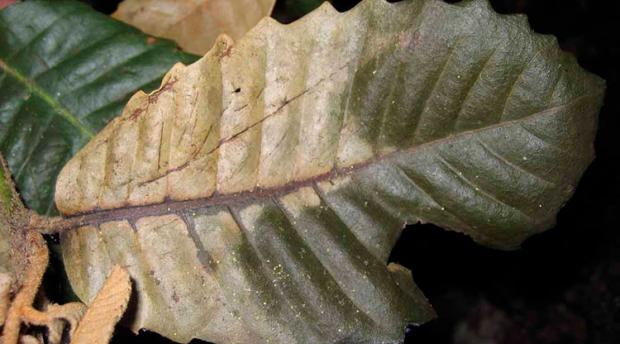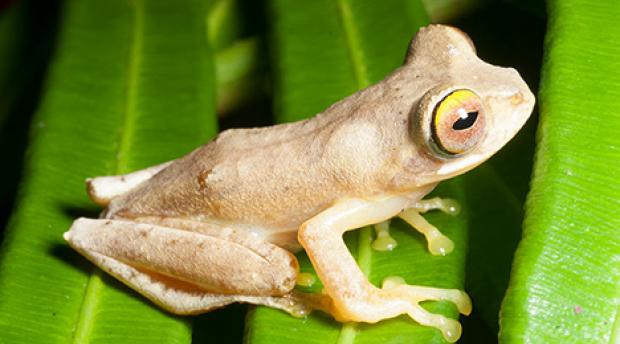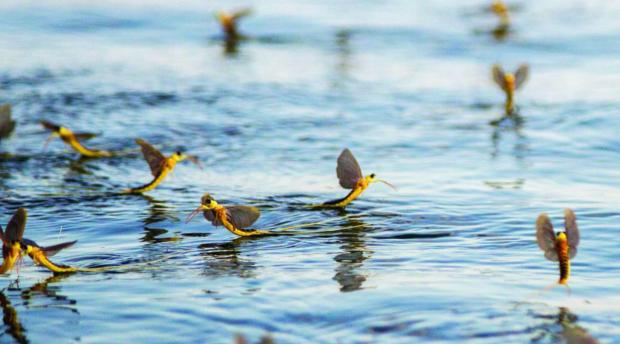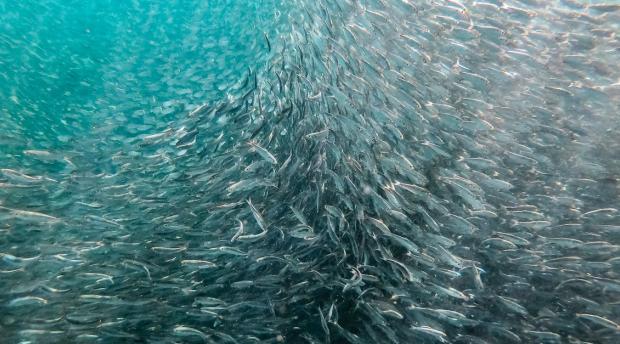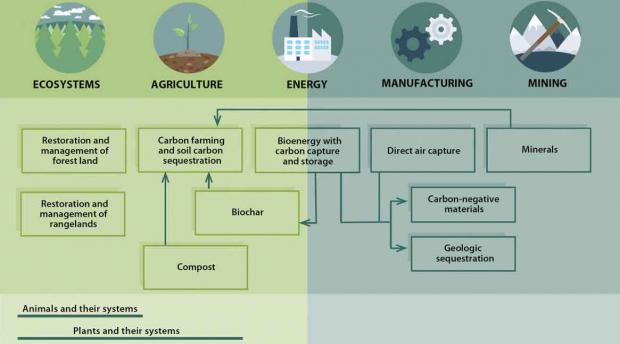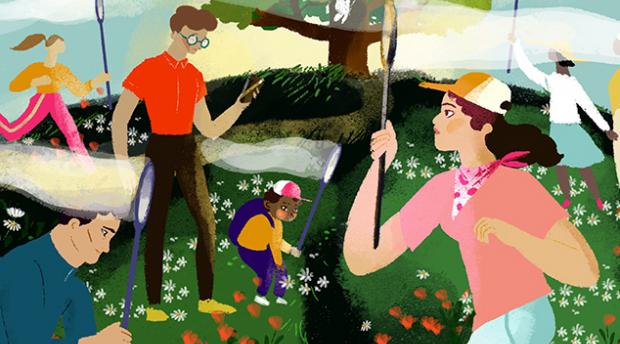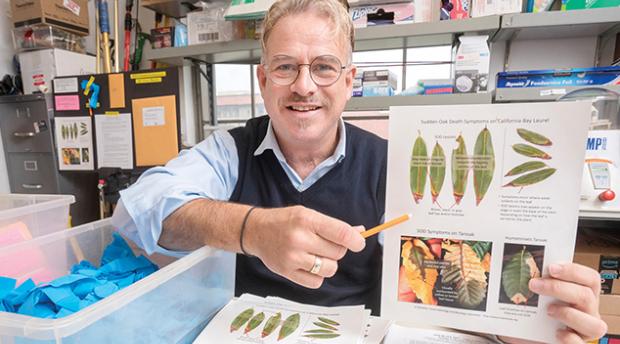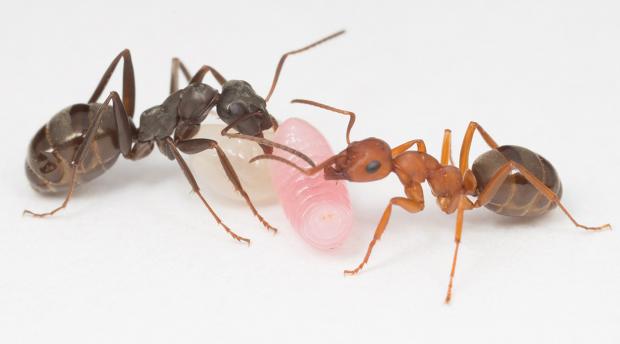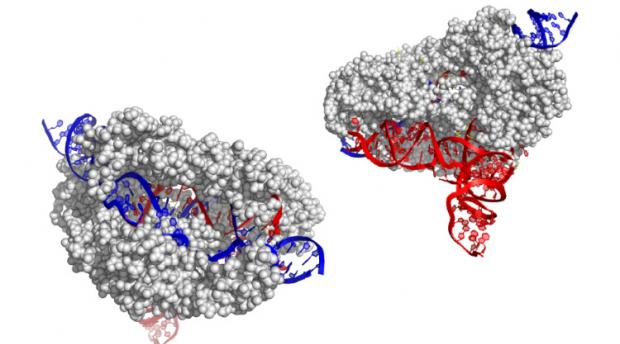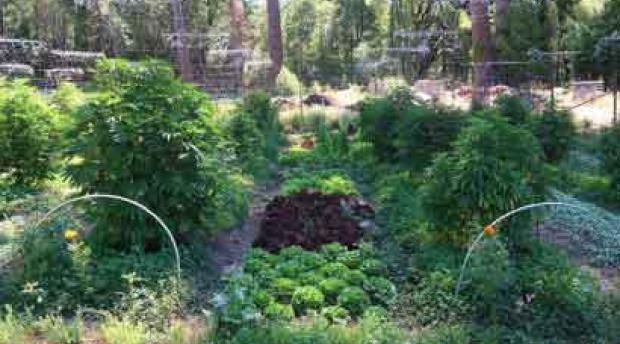Research
Women firefighters face high exposure to toxic ‘forever chemicals’
The study, co-authored by professor Rachel Morello-Frosch, is part of a larger investigation into female firefighters' health.
Researchers discover high heat tolerance in spiders
Lead author and alumna Erin Brandt, working with professor Damian Elias and others, analyzed six species in the Arizona desert.
Huge bacteria-eating viruses narrow gap between life and non-life
Professor Jill Banfield was part of a groundbreaking study that blurs the line between living microbes and viruses.
Graduate student speaks at 2020 UN Framework Convention on Climate Change
Society and Environment PhD candidate Frances Roberts-Gregory participated in the panel Towards a Feminist Green New Deal.
Forestry expert testifies before congress
In his testimony, ESPM researcher Brandon Collins discusses wildfires and the state of forests.
An alternate hypothesis for same-sex behavior in animals
Two ESPM researchers argue that a foundational idea in evolutionary biology deserves more scruitiny.
In food security study, researchers highlight collaboration with Native communities
Following a five-year study in the Klamath River Basin, researchers discuss cooperative approaches to education, research, and outreach initiatives.
Researchers say Western Sahel investment needed to avert crisis
In a new commentary in Nature, ESPM student Lorenzo Rosa and his coauthors argue that agricultural and social reforms are needed to ensure stability in the region.
Collapse of desert birds due to heat stress from climate change
Professor Steve Beissinger authored a study on the effects of water shortage on desert birds.
First known cases of sudden oak death detected in Del Norte County
Matteo Garbelottos' citizen science project—SOD Blitz—found signs of an outbreak affecting oak trees.
Scientists track frog-killing fungus to help curb its spread
New research from professor Erica Bree Rosenblum and her team examine the effects of a deadly fungus on amphibian populations.
Restoring our river ecosystems: an interview with Albert Ruhi
Ruhi co-authored a review on restoration of river flow regimes in Science this week.
Managing fish populations with artificial intelligence
New research uses an algorithm to help make better global fishery population predictions.
ESPM experts can lead on carbon dioxide removal
Daniel Sanchez and Whendee Silver discuss carbon dioxide removal technologies the latest edition of California Agriculture.
The Collaborative Net
ESPM researchers are working with citizen scientists to gather data around the Bay Area and across the globe.
Leading the citizen science contagion
Coopertive Extension Specialist Matteo Garbelotto is on a mission to enlist citizen scientists to stomp out sudden oak death in California.
Social Insects
Neil Tsutsui's lab invites the public to join the scientific process through citizen science and outreach projects.
Assessing coral bleaching vulnerability in the Caribbean
A new study finds that in the Caribbean, independent island nations are less vulnerable to coral bleaching than island territories.
Scientists find new and smaller CRISPR gene editor: CasX
Discovered two years ago by UC Berkeley scientists including Jill Banfield, the protein was similar to CRISPR, but quite a bit smaller: a big advantage if you’re trying to deliver a gene editor into a cell.
Cannabis Research Center to explore environmental, social impacts of legalization
The new Center will explore how cannabis production impacts the environment and society, and how these impacts will evolve under new regulations.



